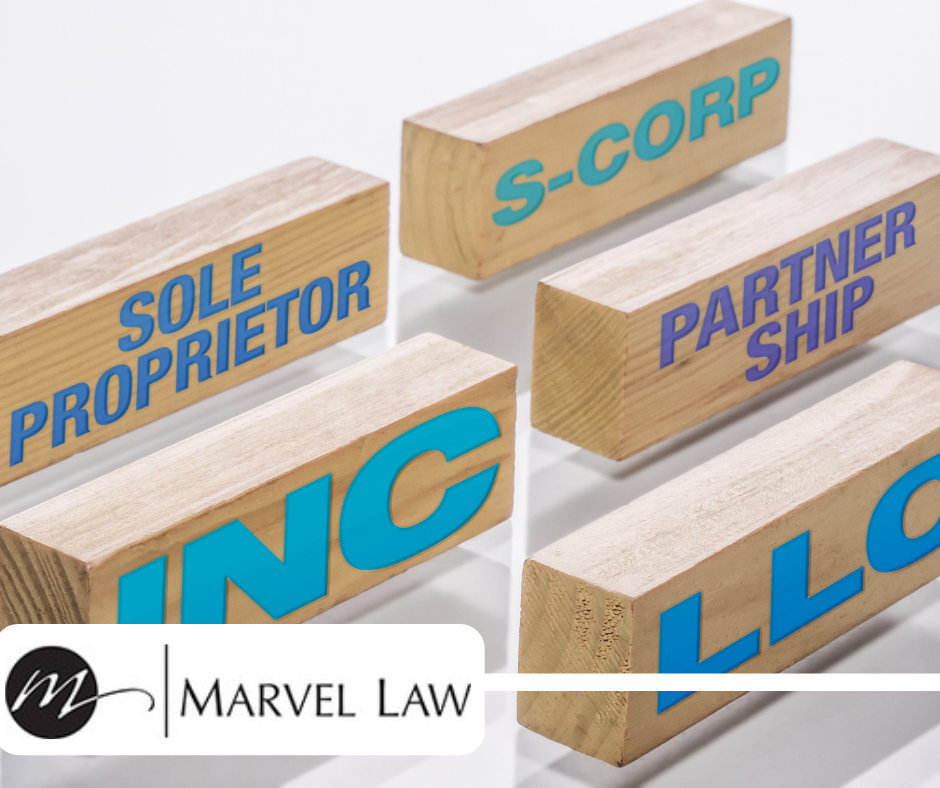
Benefit of an LLC: Pass-Through Entity by Default
Any business entity that has more than one owner and is not classified as a corporation is, by default, characterized as a partnership for tax purposes. This default classification applies to limited liability companies (LLCs). In other words, unless an LLC elects to be classified for tax purposes as a corporation, it is treated as a partnership for federal tax purposes. As with S corporations (and in contrast to C corporations), LLCs taxed as partnerships are pass-through entities, meaning that the entity does not pay tax on its income. Instead, each owner must report his or her share of the entity’s income and loss on the owner’s personal tax return. This ensures that business income is taxed only once—at the owner level.
The LLC functions as a conduit to pass income and deductions through to its owners (technically, “members” but also referred to as its partners”). An LLC taxed as a partnership must file Form 1065 to report income and deductions. This informational return shows each member’s distributive share of the partnership’s income and deductions. Each member must include that partner’s share of the LLC’s income and loss on his or her personal tax return.
An LLC taxed as a partnership is generally not liable for paying the tax. However, for tax years beginning after December 31, 2017 (and, if elected by the partnership, certain earlier years as well), audit adjustments are generally made at the partnership level under the audit rules enacted in the Bipartisan Budget Act of 2015. Consequently, the partnership may be liable for an “imputed underpayment” under those audit rules.
For federal tax purposes, a single-member LLC is disregarded as an entity separate from its owner and is treated as a sole proprietorship if it does not elect to be treated as a corporation. Because single-member LLCs generally offer creditor protection without requiring a separate tax return, they are often the preferred form for single-owner small businesses.
Election to Be Taxed as a Corporation
An LLC can elect to be taxed as a C corporation or an S corporation. Under the federal tax rules governing C corporations, all income is taxed twice: once at the corporate level and again when distributions are made to shareholders. The double taxation inherent in C corporations has typically made them unattractive to most small businesses. However, under the 2017 Tax Cuts and Jobs Act (TCJA), effective for tax years beginning after December 31, 2017, there is a flat 21 percent corporate tax rate on income, a substantial reduction from the previous top corporate rate of 35 percent. Under the current rates, a corporation must pay 21 percent on corporate earnings, and its shareholders must generally pay 23.8 percent on dividends they receive from the corporation (twenty percent being the highest marginal qualified dividend federal income tax rate and 3.8 percent being the net investment income tax rate). The Biden administration has proposed an increase in the corporate tax rate, so we do not yet know whether the lower corporate rate under the TCJA will stay in place. Businesses that choose to be taxed as a C corporation must file an Entity Classification Election (Form 8832) with the Internal Revenue Service.
An S corporation provides the liability protection of a corporation with the flow-through taxation of a partnership. In contrast to C corporations, S corporations are not taxed separately from their owners. In that respect, they are similar to LLCs and some forms of limited partnerships. But because an S corporation is subject to burdensome requirements to maintain its status, an LLC is often a better choice for a small business. An LLC that chooses to be taxed as an S corporation must file a Form 2553, Election by a Small Business Corporation, to elect tax treatment as an S corporation.
We are here to help
At Marvel Law, we are here to help serve you with purpose. We can help you decide in an LLC is in your business' best interest and help make the process as easy as possible. Click here to email us or call us at 309-807-2885 for your FREE 15-minute consultation. Due to CDC guidelines, we are offering FREE 15-minute video conference consultations. To take advantage of the video conferencing ability, please email us to set up a time.
Click here for directions to our office in Bloomington, IL.